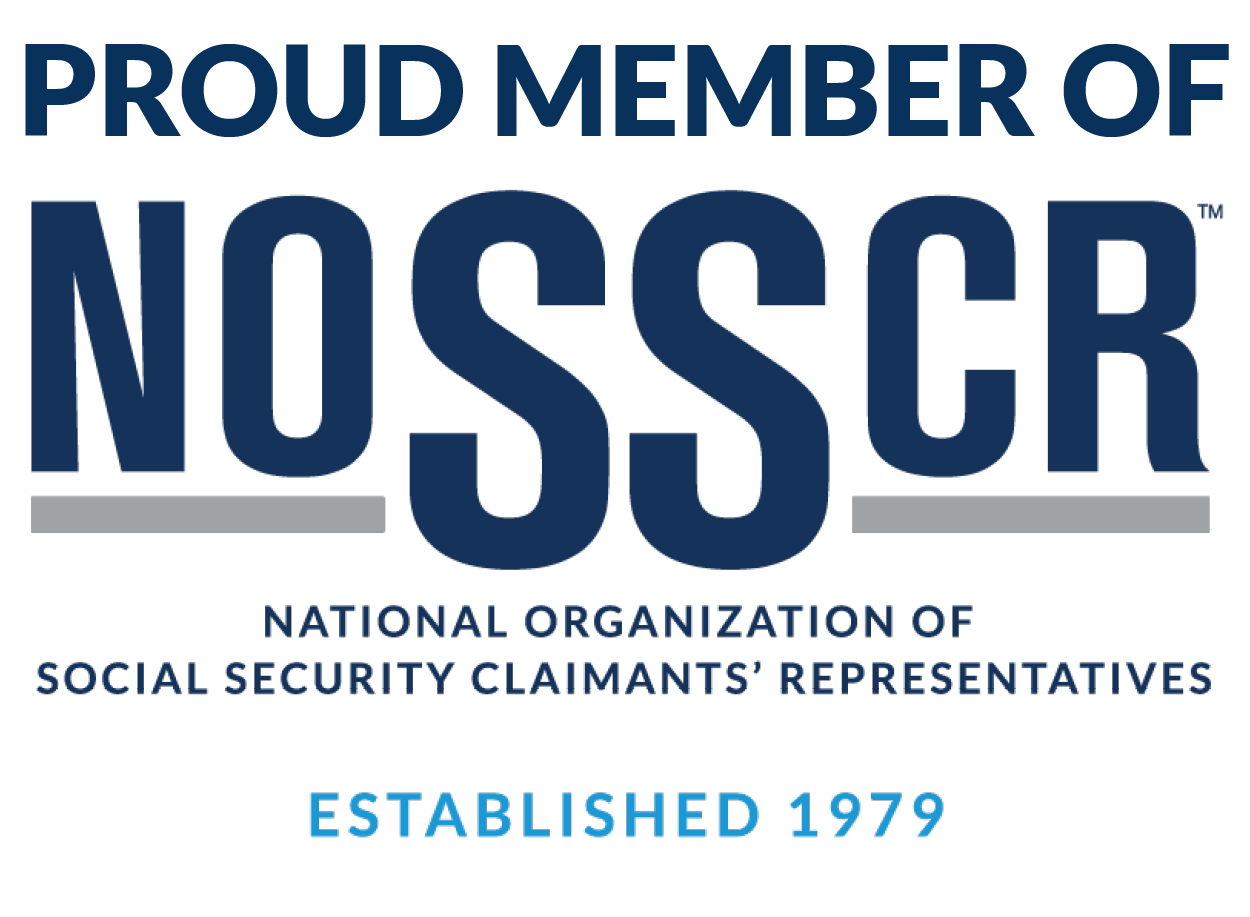Personal Injury Attorney Kinston, North Carolina
Here to Serve
P R A C T I C E A R E A S
About Us
Amos Law
Our founding attorney, Anthony Amos, is a U.S. Army veteran who has served both within the U.S. and overseas.
We stand up for the rights of people who need help dealing with a complicated and intimidating legal system. If you have been denied Social Security Disability (SSD or SSDI) benefits, we can guide you through the appeals system to pursue a better outcome, while gathering the necessary evidence to build the strongest possible case.
If you were seriously injured in a car accident caused by another driver’s negligence, and you were hospitalized or had to have surgery, we can help you get the substantial compensation you need to get your life back on track.
For legal assistance in North Carolina (and for SSD cases Nationwide), contact the Amos Law Firm for the help you need.
It would be a privilege and an honor to serve you!
Welcome to
Amos Law
Anthony Amos, Esq. Founder of Amos Law Firm
Anthony Amos is a seasoned attorney and the founder of Amos Law Firm, with a deep-rooted passion for justice and advocacy. A U.S. Army veteran, Anthony's military experience has profoundly shaped his approach to law, imbuing him with discipline, integrity, and a commitment to service. He is skilled in criminal law and personal injury in North Carolina and extends his expertise to handling Social Security disability cases nationwide. Anthony's journey to law, marked by perseverance and resilience, reflects his dedication to championing the rights of his clients and navigating the complexities of the legal system with unwavering determination.








